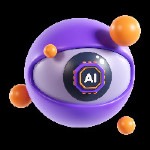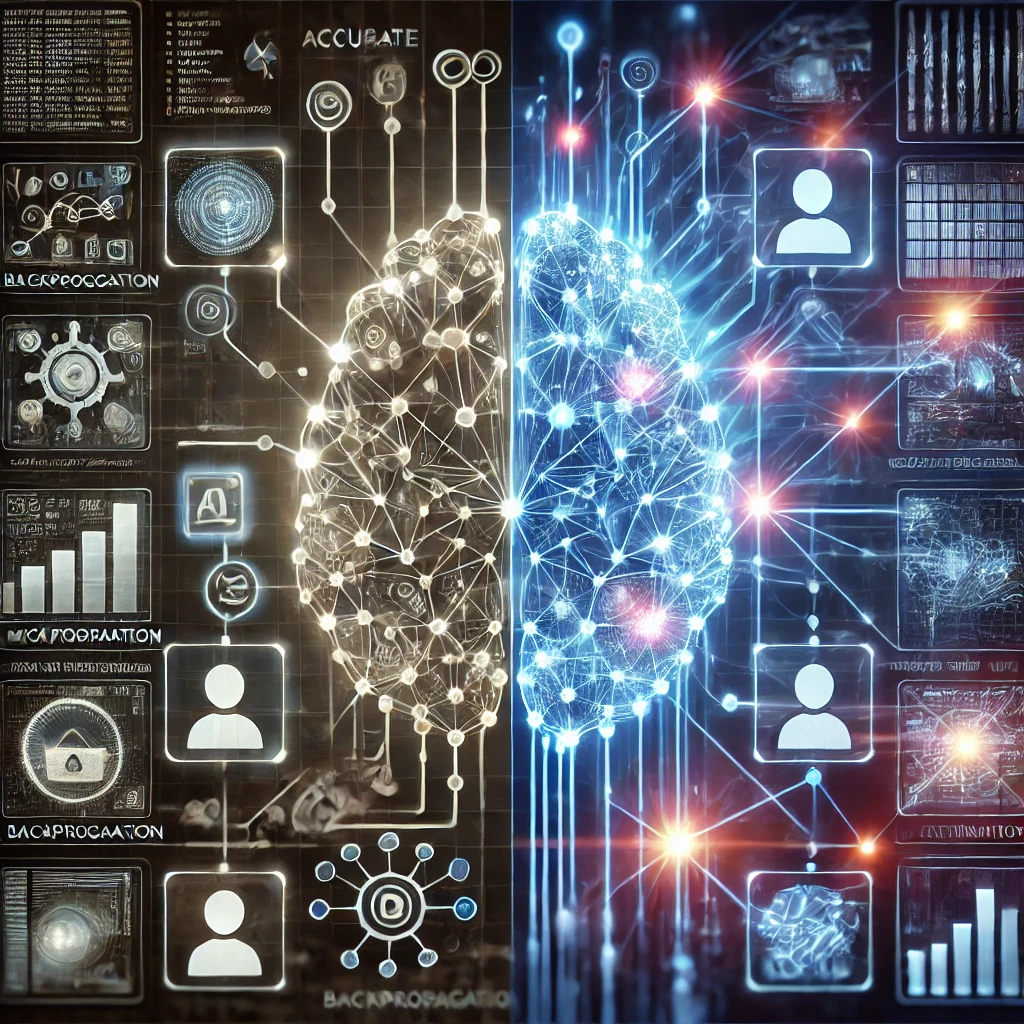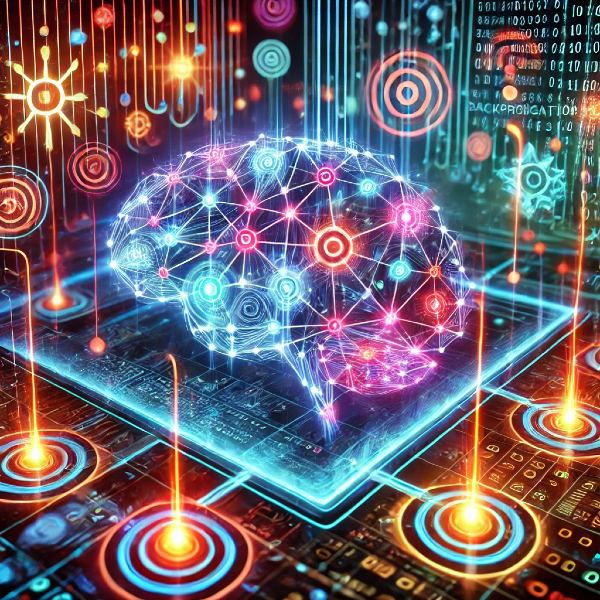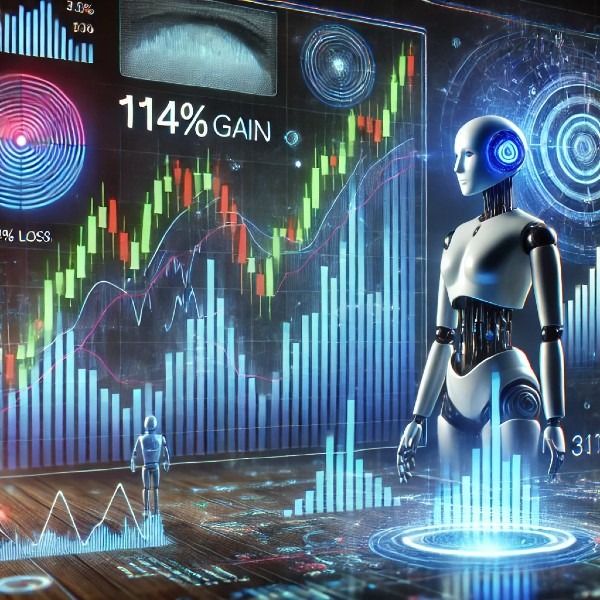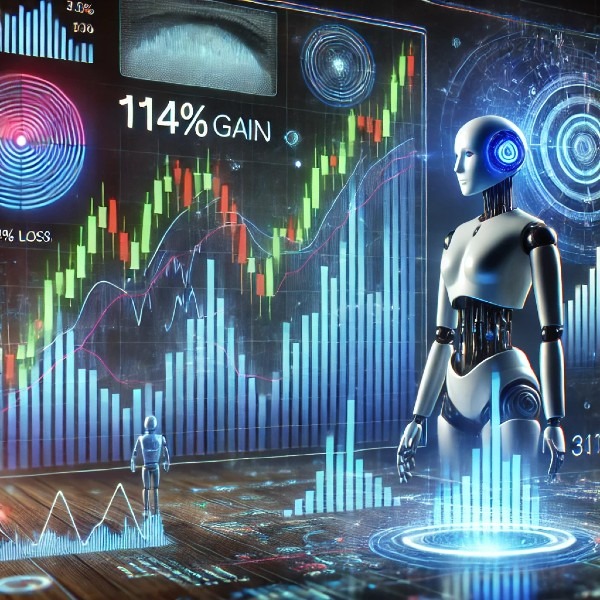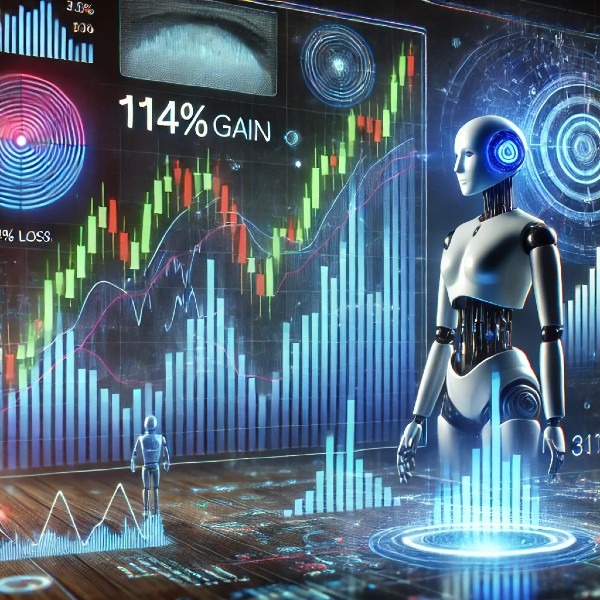Introduction
The term ‘AI Horizon’ symbolizes the threshold of the future where Artificial Intelligence (AI) becomes a pivotal part of our daily lives and industries. In this blog post, we explore how AI is influencing three key areas: healthcare, computer vision, and the future of work. Each of these sectors is undergoing a transformation, thanks to the advancements in AI technology. Our journey will uncover the myths and realities of AI, provide practical advice, and delve into its ethical implications.
AI Horizon is not just about technological advancements; it’s about understanding the impact of AI on our society and preparing for its future developments. Whether you’re a healthcare professional, a tech enthusiast, or someone interested in the future of work, this post will provide you with a comprehensive understanding of these topics. Let’s embark on this journey to uncover the opportunities and challenges that lie within the AI Horizon.
Healthcare and AI Horizon
Revolutionizing Patient Care with AI
In healthcare, AI is a game-changer. It’s transforming how diseases are diagnosed, treatments are personalized, and future health issues are predicted. AI algorithms can analyze medical data rapidly and accurately, offering insights that were previously unattainable. This not only enhances patient care but also makes the healthcare system more efficient and cost-effective.
AI’s Role in Medical Research and Drug Development
AI’s impact extends beyond patient care into medical research and drug development. By processing vast datasets, AI can identify potential drug candidates and accelerate medical discoveries. This speeds up the process of bringing new treatments to market and opens up new avenues for understanding complex diseases.
Computer Vision and AI
Transforming Perception: AI’s Computer Vision
Computer vision, a field within AI, is revolutionizing how machines interpret and understand visual information. From facial recognition systems to autonomous vehicles, computer vision enables machines to analyze and respond to visual data with human-like accuracy. This technology is creating new possibilities in various sectors, including security, entertainment, and autonomous navigation.
The Expanding Horizons of Computer Vision
The potential of computer vision is vast. It’s being used to improve agricultural practices, enhance retail experiences, and aid in environmental conservation. As computer vision technology advances, it’s expected to become more integrated into our daily lives, providing solutions to complex problems.
The Future of Work and AI
AI’s Impact on Job Dynamics
The future of work is being reshaped by AI. While there’s fear of job displacement, AI also creates new job opportunities and enhances productivity. AI automates routine tasks, allowing employees to focus on more creative and strategic activities. This shift is not just about job loss; it’s about job transformation.
Preparing for the AI-Driven Workplace
As AI becomes more prevalent in the workplace, the skills required for jobs are changing. There’s a growing need for digital literacy, adaptability, and lifelong learning. Employees and employers alike must prepare for a future where AI is an integral part of the work environment.
Myths vs. Facts about Computer Vision
Myth 1: Computer Vision is Infallible
Fact: Computer vision, like any AI technology, has limitations and can be prone to errors, especially when dealing with low-quality data or unfamiliar scenarios.
Myth 2: Computer Vision Threatens Privacy
Fact: While there are privacy concerns, responsible use of computer vision with proper safeguards can enhance security without infringing on privacy.
Myth 3: Computer Vision Will Lead to Mass Surveillance
Fact: The application of computer vision in surveillance depends on regulatory and ethical frameworks. Its use can be balanced with privacy rights through proper legislation and ethical guidelines.
Practical Tips and Tricks for Ethical AI
- Develop Transparent AI Systems: Ensure that AI systems are transparent in their operations and decision-making processes.
- Engage in Ethical Training: Train AI models on ethically sourced and unbiased data sets.
- Promote Diversity in AI Development: Include diverse perspectives in AI development teams to reduce biases and ensure inclusivity.
- Implement Regular Audits: Conduct regular audits of AI systems to identify and address ethical issues.
- Foster Public Dialogue: Encourage public discussions about AI and its ethical implications to raise awareness and drive responsible development.
Did You Know?
- AI has been used to create art and music, challenging the traditional boundaries between technology and creativity.
- The concept of ‘Explainable AI’ is gaining traction, focusing on making AI decisions understandable to humans.
- AI systems have been trained to read lips, potentially aiding in law enforcement and helping those with hearing impairments.
Conclusion
As we conclude our exploration of the AI Horizon, it’s clear that AI’s potential in healthcare, computer vision, and ethical considerations is vast and multifaceted. The journey through these realms of AI has revealed both the challenges and the incredible opportunities that lie ahead. As AI continues to evolve, it will undoubtedly transform our world in ways we can’t yet fully imagine. The key to harnessing the power of AI lies in responsible innovation, ethical considerations, and a commitment to enhancing human life. The AI Horizon is not just a distant future; it’s a reality that we are shaping today.
